After coming out as bisexual on live TV, poet Astone Jackson has found a safe dating space on Hinge
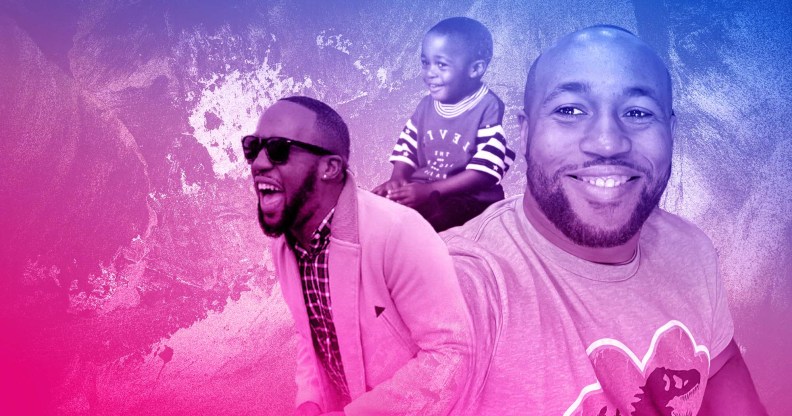
Poet Astone Jackson came out as bisexual during a TV news interview four years ago. (PinkNews/Supplied)
For poet Astone Jackson, 32, embracing dating on Hinge has allowed him to remain out, proud and visible as a bisexual man in his pursuit of love and romance – and he’s not alone.
Few coming out stories start as dramatically as Astone’s, who opened up about being bisexual during a live interview on his local news channel four years ago as family and friends watched on at home.
Hinge’s recent LGBTQIA+ DATE report showed that nearly half of bisexual daters who’ve never had a queer experience feel afraid to navigate open discussions about their dating history. After several years of keeping a relationship with a man a secret, Astone admits there were “a lot of emotions” that came with his decision to come out so publicly – but after that relationship came to an abrupt end, the now-32-year-old author found himself navigating the world of dating as a newly-out bisexual man.
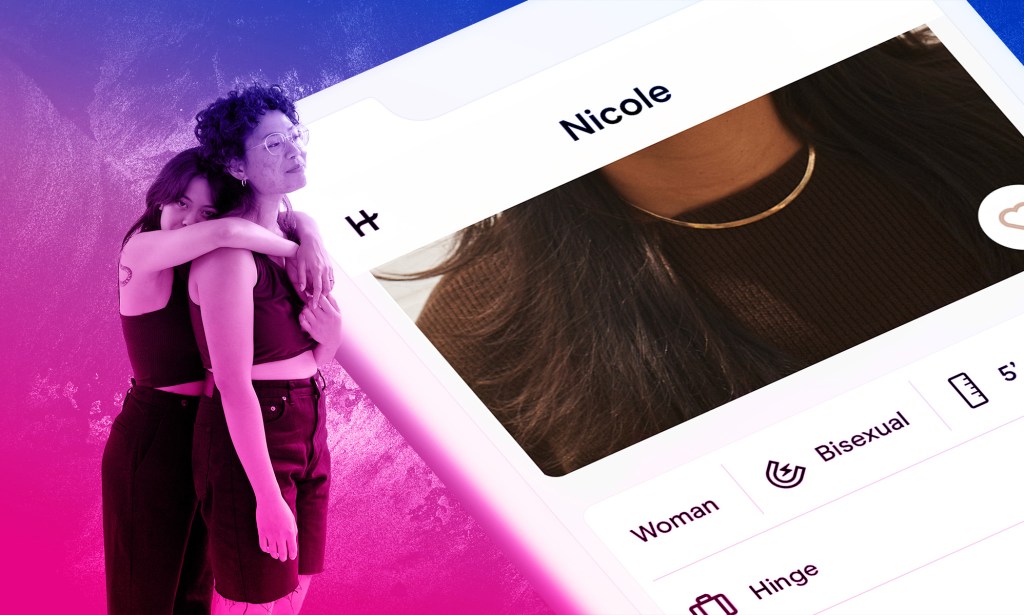
“It’s understandable that bisexual daters feel nervous about opening up about their identity”, comments Hinge’s Love and Connection Expert and licensed therapist, Moe Ari Brown. “Daters can face biphobia in the form of discriminatory rejection, with potential partners being unwilling or suddenly uninterested in exploring a connection further once they learn of their identity.”
For many bisexual people – be they men, women, trans or non-binary – outdated stigma and preconceptions about bisexuality have often meant that their identity is erased or minimised, especially online. Gay and straight people alike can be guilty of making assumptions about a person’s sexuality based on whether they’re having a same-sex or opposite-sex romantic conversation, erasing bisexual identities in the process.
It can mean bi people are all-too-often forced into a relentless cycle of coming out and facing down invasive questions that can prove wearying.
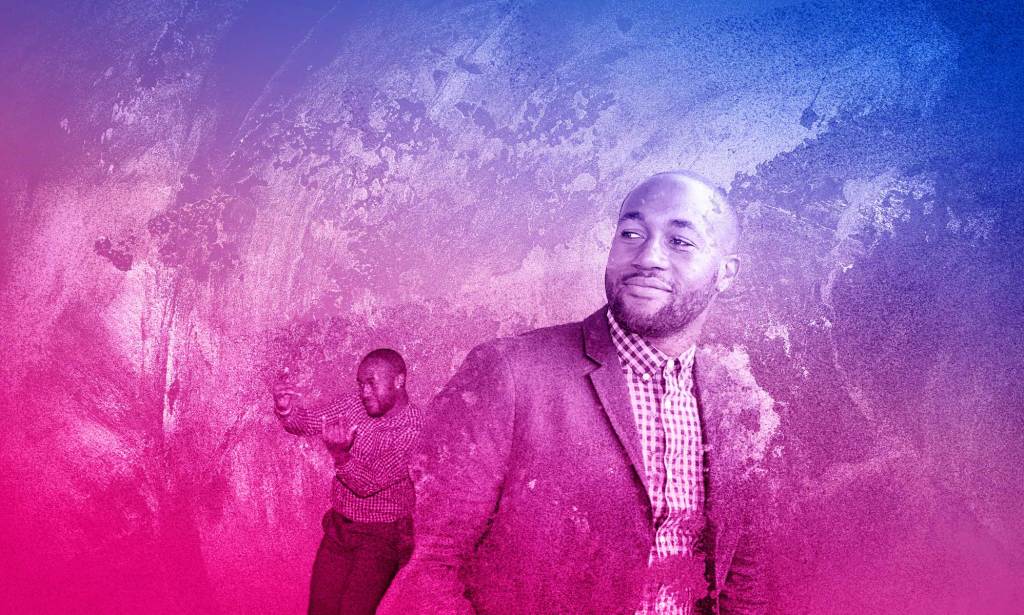
For Astone, being open about his bisexuality as he dived head-first back into the world of dating often meant contending with prejudices that sapped some of the fun out of the all-important, butterfly-filled early stages of connecting with potential new squeezes.
“There’s these stereotypes of you being promiscuous – are you wanting to be in an open relationship, or you just want to date both at the same time – and I don’t think that’s the case. Not for me at least”, he reflects.
“For me personally, I wanted something serious. I want to meet one person and fall in love.”
Astone adds that being a Black bisexual man meant that he was often fetishised after being open about his sexuality. “It was just more about what can we do sexually more than what can we be emotionally,” he recalls. “That took some toll on me for the longest time, and I didn’t date for a little bit.”
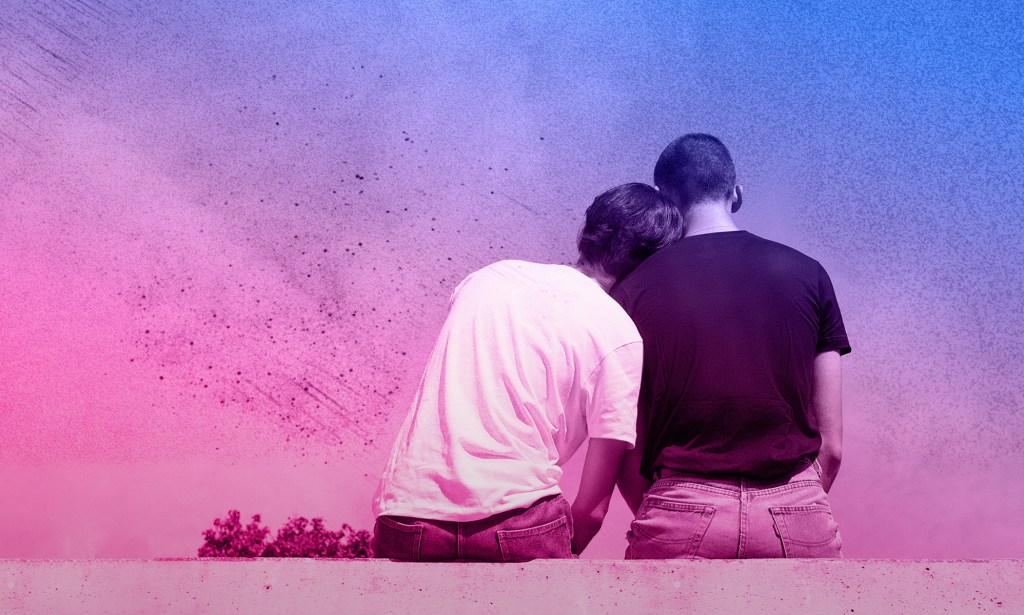
Astone’s experience is not unique, with many bisexual people historically struggling to remain visible while championing their uniquely individual relationship goals. Given that recent UK Census data showed that almost as many Brits identify as bisexual as those that identify as gay and lesbian, ensuring bisexual people remain loud and visible in all facets of life has never been more important.
Thankfully, Hinge is providing bisexual people with the outlet they need to communicate their sexuality naturally while re-injecting the fun and comfort back into their dating lives – just as it should be. The dating app empowers daters to share their sexuality on their profile and connect people on an innately personal level through prompts that break the ice and allow users to get to know the person behind the screen.
Like many others, Astone has felt the benefits of being able to be easily upfront on their profile about being bisexual and not having to compartmentalise his identity.
“I love football, it’s something I absolutely love doing on Sundays, Saturdays, when there’s games”, he explains. “But I also love Taylor Swift and singing her in the car very loudly [and] in the shower – and I think those two can co-exist and not have to question my masculinity.”
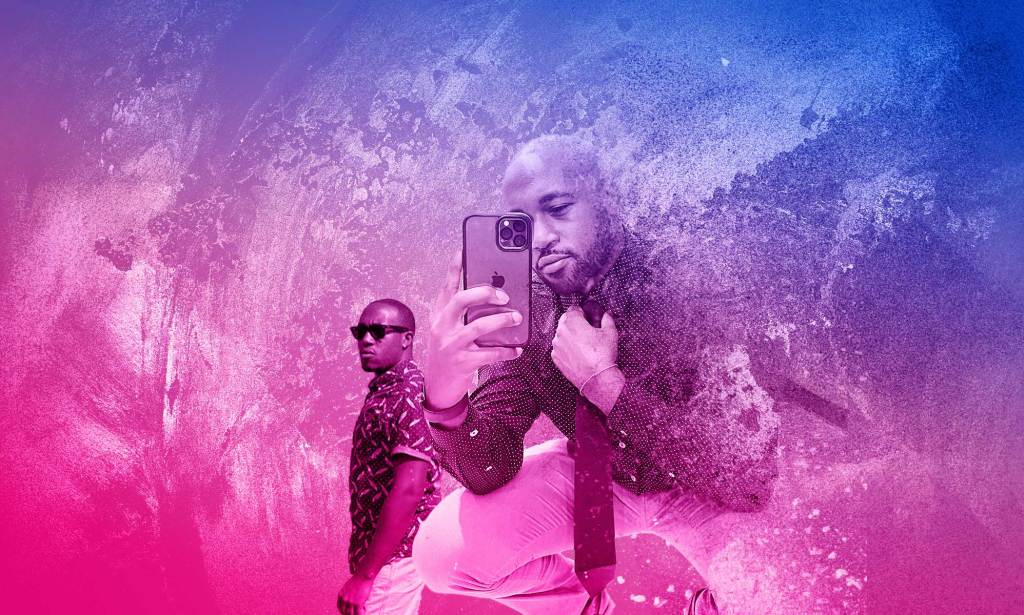
LGBTQIA+ daters can also find vital support and guidance through Hinge’s NFAQ (Not-so Frequently Asked Questions) platform available in the app. The guide features prominent queer voices that offer advice, insights and answers to burning questions we all have about sexuality and identity, but may be too nervous to discuss with others.
Four years on from taking the plunge on live TV, Astone is supporting other bisexual daters and answering the NFAQ, “I’m bisexual and trying to get into dating, what advice do I need to know?”
“Be honest and stay true to yourself,” he advises.
“The love you want is out there and when you find them, all of this will be worth it.”
80% of LGBTQ+ daters struggle to find appropriate queer-friendly resources to help them date. Head to Hinge’s NFAQ to get the answers you need about sexuality, self-discovery, and connection.
How did this story make you feel?

